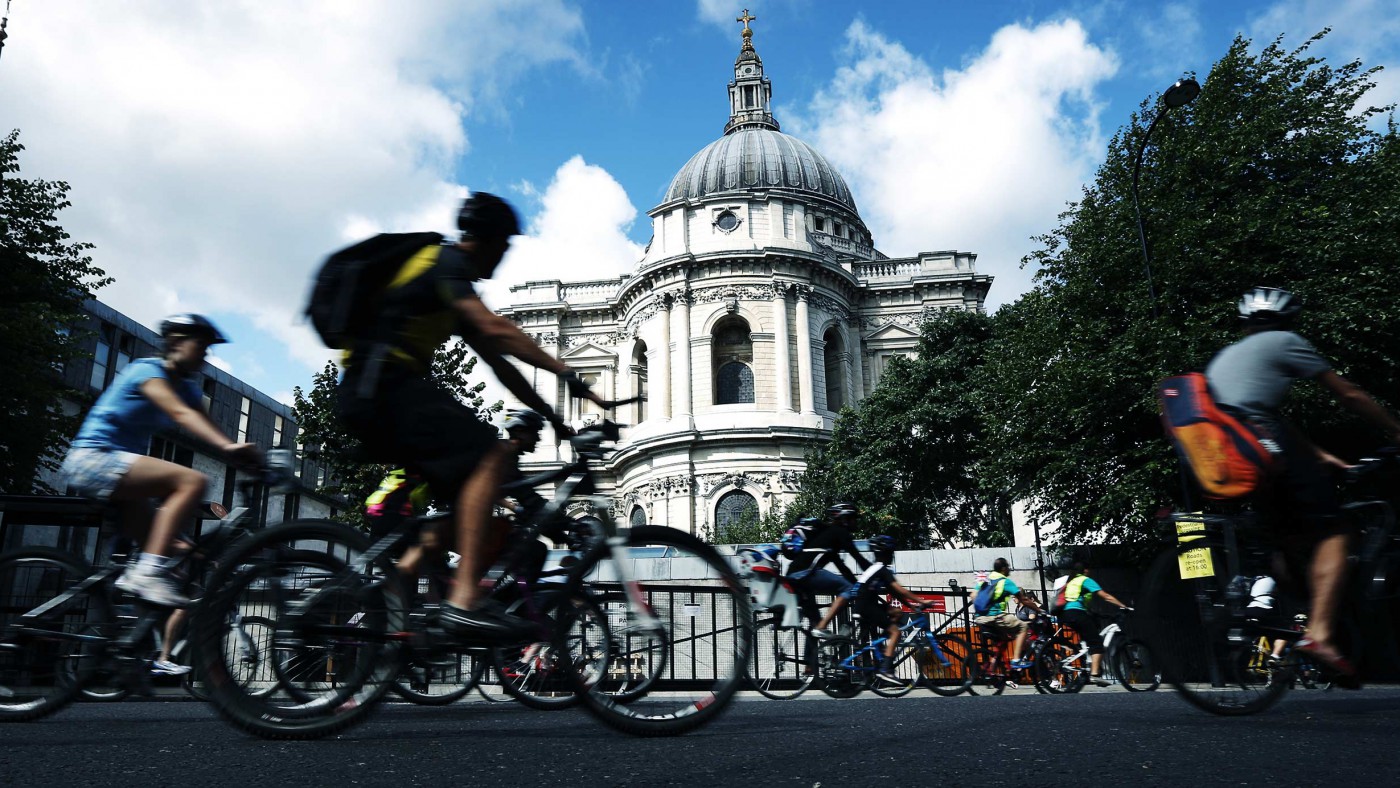Back in February, at the beginning of this seemingly never-ending election season, the bishops of the Church of England found themselves at the centre of a media storm with the publication of their pastoral letter urging UK Christians to vote in the upcoming general election and calling for a fresh moral vision for the country.
But before they had got a chance to even hold the press conference, they were being berated by MPs on the radio and under attack from much of the right-wing press. The Daily Mail described it as a ‘left-wing manifesto’ and if you believed the screaming headlines one would have thought the Church of England had been transformed from the Tory Party at prayer to the Communist Party at war. Such scorn has been recently summarised by Richard Turnbull on these very pages.
But what the tabloid headlines missed was the fact that in many parts of the country churches are actually a friend to good business and innovation and are actively helping private sector job creation.
The bishops’ letter encouraged readers to engage in the democratic process, something any good capitalist would support and is currently lacking in modern Britain. And it’s worth noting that the Archbishop of Canterbury has more frontline business experience than the Prime Minister, Chancellor, Leader of the Opposition and Deputy Prime Minister combined. Justin Welby has also highlighted the perils of debt, spoken of the limits of the state, praised the ‘stability and hope’ of gainful employment and criticised corporate tax dodging which gives business a bad name. At a recent speech in Westminster he said: “The market is an extraordinarily efficient mechanism of distribution in a complex society and hugely liberating of human creativity. No better form of allocation of resources has been found, and the alternatives have always led to inhumanity or even tyranny. At the same time the market cannot create or sustain the shared morality needed to ensure that it works carefully and lovingly at every level.”
Churches across the land are becoming allies to local entrepreneurs and providing vital support to companies in places where it is scarce. They are turning around failing pubs, opening cafes and post offices and converting their crypts into affordable IT hot desking facilities for small businesses. In Manchester, St Johns Church, has formed a solar company which through roof mounted panels makes a profit providing low carbon energy to the local community.
Some of the most interesting support for local enterprise is coming from Cathedrals. In Portsmouth the Anglican Cathedral teamed up with the local Catholic Diocese and under the guidance of CEO Francis Davis – former policy advisor to Eric Pickles – has created the Cathedral Innovation Centre. A pioneering business hub which offers a range of services to entrepreneurs, it has already spread to other parts of the country. The centre provides tailored support for start-ups including seed capital, back office help with book-keeping and accounts, cheap office space, a city centre business address and a pro-bono mentoring service linking entrepreneurs with experienced professionals. They even offer a turnaround facility for companies that have hit a rocky patch.
The centre has also attracted the involvement of the Portsmouth Business School and the Royal Society of Arts as well as the backing of Michael Wear, a former advisor to Barack Obama. While the venture cost just £9000 to get off the ground the nearest public sector equivalent would have cost £2 million.
It has now grown, with connected schemes in Derby, Merseyside and the Solent working with tech ventures, university spin outs, a new think tank, a mental health cooperative, and firms in the creative, financial and education sectors. There have been approaches from Bournemouth, Cheshire, East Anglia and the North East with churches, mosques and temples keen to get on board.
The Bishop of Portsmouth, Christopher Foster said: “When young entrepreneurs come forward to found a firm they not only have the opportunity to develop their own potential but also to create jobs for others, giving them hope and opportunity.”
Innovative entrepreneurs are not new to Christianity. The German economist Max Weber argued in his 1904 book The Protestant Ethic and the Spirit of Capitalism that it was Calvinist thinking that was at the heart of the emergence of modern capitalism. While in the Catholic tradition the Compendium states: “The Church’s social doctrine considers the freedom of the person in economic matters a fundamental value and an inalienable right to be promoted and defended.” (Compendium, No. 336). Back in the 18th Century, the industrial revolution saw the emergence of Quakers as captains of industry. As non-conformists they were barred from university and other opportunities so private business was a natural outlet and Quaker firms blossomed. Inspired by their faith they sought out industries with no military connections, disowning gun makers and those profiting from war. William Cookworthy founded the porcelain industry on Cornish clay, the Malcolmsons built ships, the Clark brothers made shoes, the Carrs and Jacobs baked biscuits, Frys, Rowntrees and Cadburys made chocolate and in America Ezra Cornell founded Western Union. Today insurer Friends Provident still retains the name of the Society of Friends.
The pacifist Quakers were also known for pioneering innovative staff management including labour consultation and profit sharing. Such was the honesty and integrity with which they did business people trusted them with their money and Quaker banks such as Barclays and Lloyds thrived.
If only today’s banking sector had such a reputation.
Any organisation that is prepared to speak truth to power will make itself unpopular from time to time. But rather than being disparaged, the church deserves recognition for being a force for good business.


